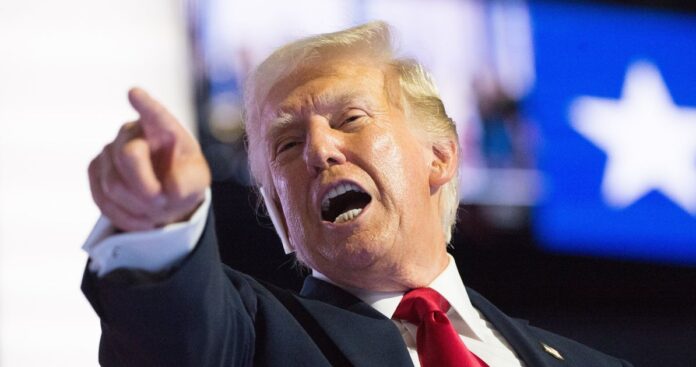Key Falsehoods or Claims: The main lie or conspiracy theory identified in the article is President Trump’s suggestion that “something hit LA” and that directed energy weapons (DEWs) could have been the cause of the California fires.
Source Bias: The article is from MSN, which is generally considered a neutral outlet. However, it’s important to note that the article is reporting on Trump’s comments, so the source of the falsehoods is the President himself.
Analysis of Impact: Trump’s comments on DEWs and the California fires have the potential to shape public opinion by introducing false or unsubstantiated claims into the public discourse. Such misinformation can lead to confusion and distrust in legitimate sources of information, as well as diverting attention from the actual causes and solutions to the issue of wildfires. This poses a threat to our democracy by eroding trust in democratic institutions and fostering a climate of misinformation and suspicion.
Hypothetical Public Reactions: If the conspiracy theory about DEWs gained traction among a significant portion of the population, it could lead to widespread distrust in the government’s ability to manage natural disasters, potentially affecting voter behavior in future elections. It could also divert attention and resources away from addressing the root causes of wildfires, such as climate change and land management practices.
Further Reading: For further reading on the influence of media and misinformation, reputable sources like the Pew Research Center, the RAND Corporation, and the Harvard Kennedy School’s Shorenstein Center on Media, Politics and Public Policy provide valuable insights into the impact of misinformation on public opinion and democracy.
Source link
Redirect URL
